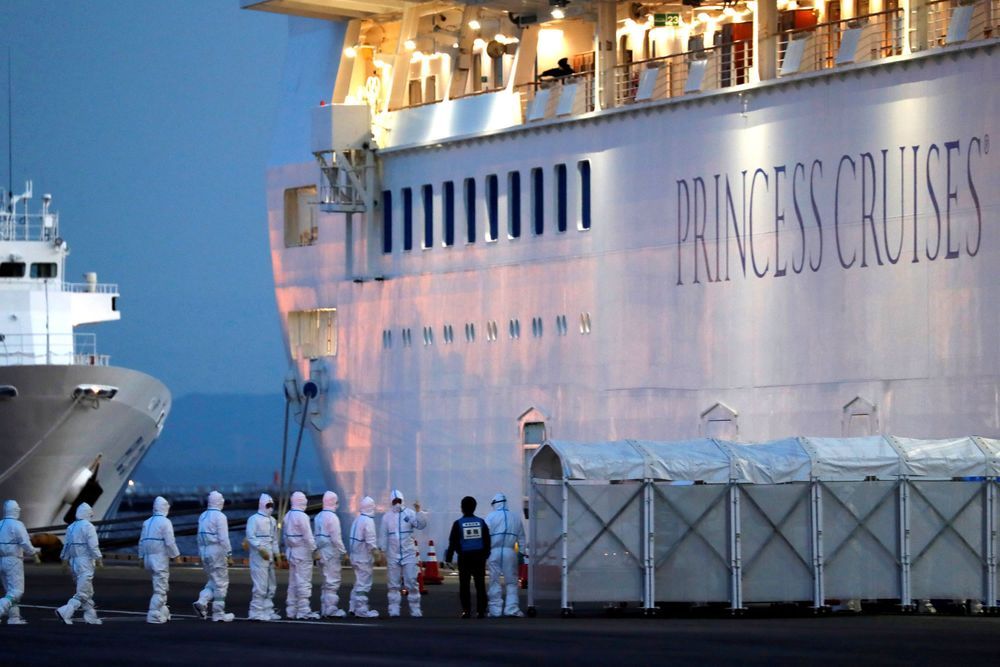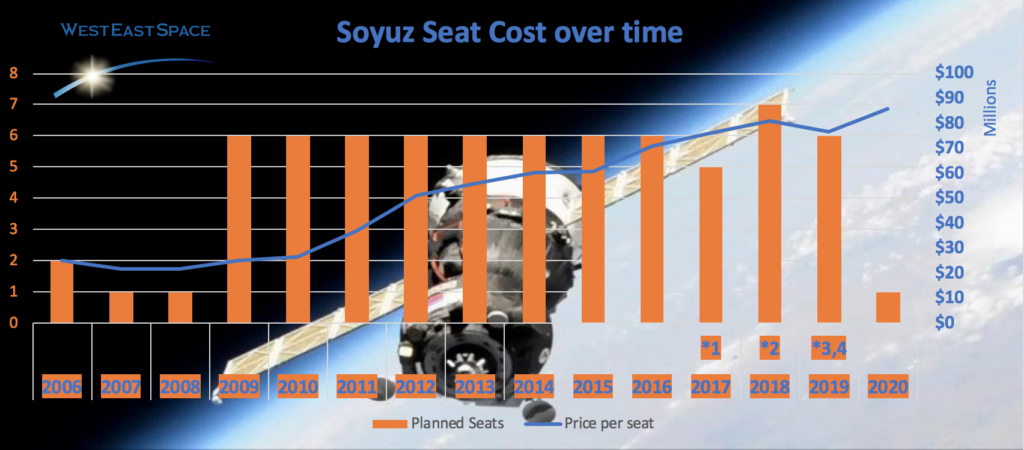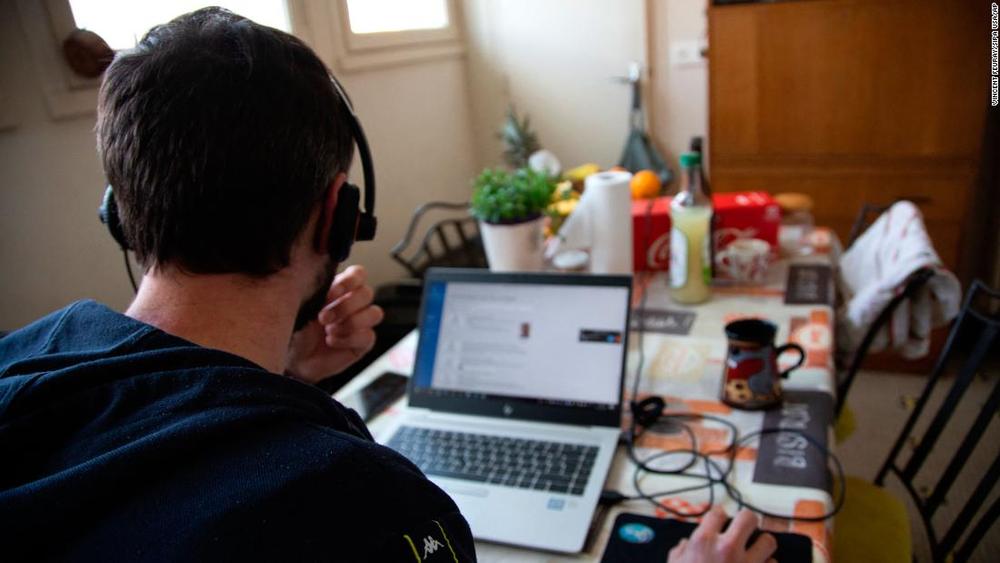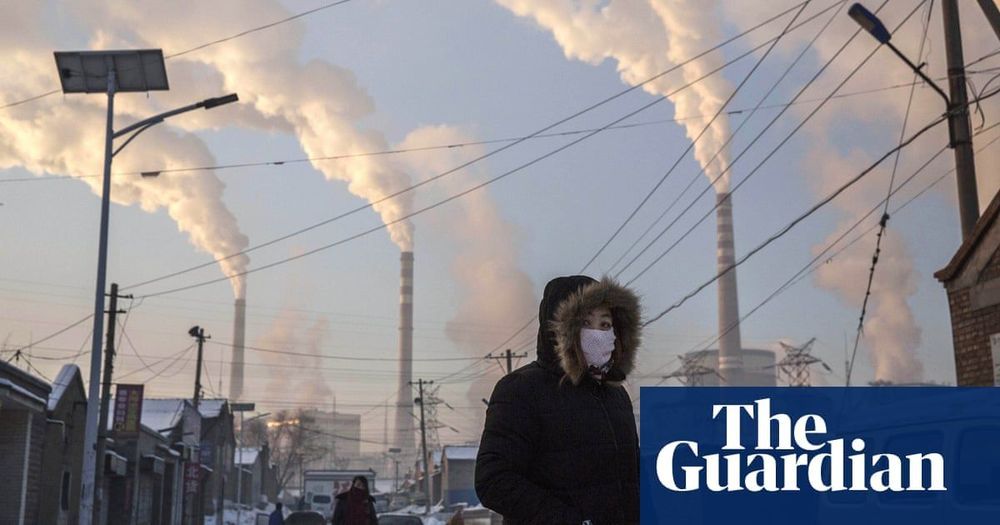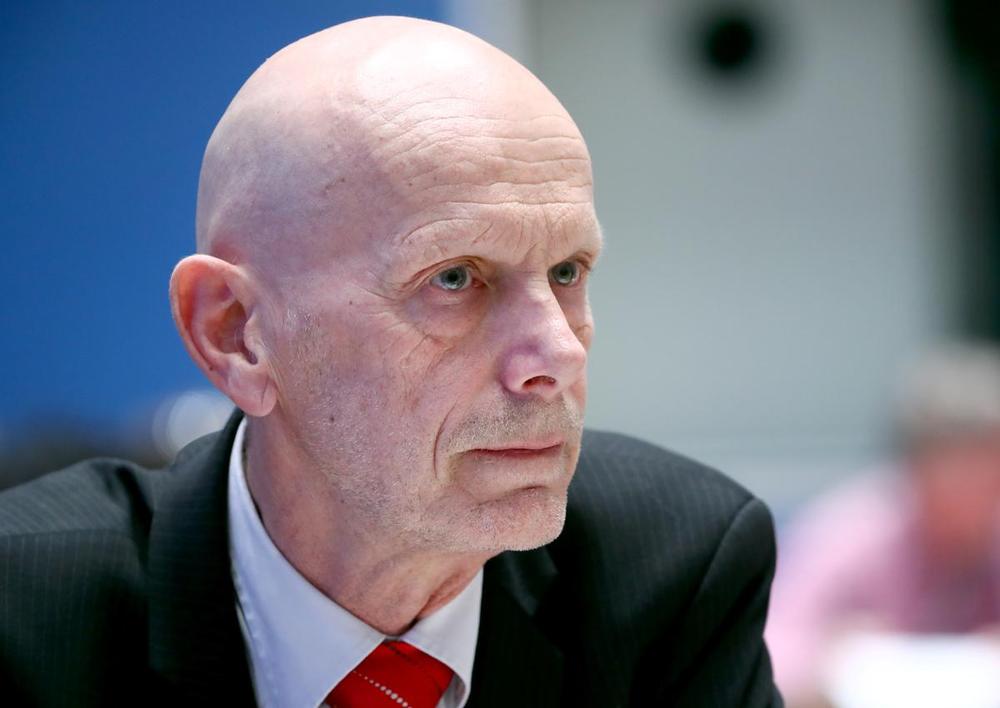Coronavirus RNA survived for up to 17 days aboard the Diamond Princess cruise ship, living far longer on surfaces than previous research has shown, according to new data published Monday by the Centers for Disease Control and Prevention.
The study examined the Japanese and U.S. government efforts to contain the COVID-19 outbreaks on the Carnival-owned Diamond Princess ship in Japan and the Grand Princess ship in California. Passengers and crew on both ships were quarantined on board after previous guests, who didn’t have any symptoms while aboard each of the ships, tested positive for COVID-19 after landing ashore.
The RNA, the genetic material of the virus that causes COVID-19, “was identified on a variety of surfaces in cabins of both symptomatic and asymptomatic infected passengers up to 17 days after cabins were vacated on the Diamond Princess but before disinfection procedures had been conducted,” the researchers wrote, adding that the finding doesn’t necessarily mean the virus spread by surface.
